Posted on 12/20/2024
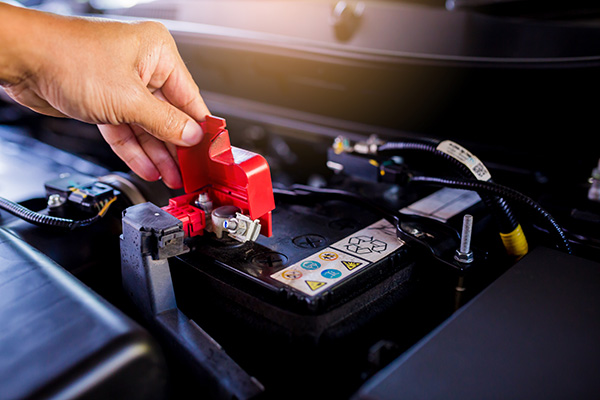
Ever walked out to your car, turned the key, and been met with a frustrating silence? A drained car battery can turn your day upside down, but understanding why it happens can help you avoid the hassle. From forgotten headlights to electrical system quirks, several culprits can leave your battery lifeless. Knowing the causes and solutions can save you from a lot of stress. The Top Reasons Your Car Battery Drains Your car battery is a powerhouse, supplying energy to start the engine and support your vehicle’s electrical systems. But like any component, it’s vulnerable to certain issues that can cause it to drain faster than it should. Parasitic Drains Did you know your car continues to draw power from the battery even when it’s turned off? This is called a parasitic drain. It happens when electrical components, such as the clock, alarm system, or even interior lights, keep running. While small drains are normal, larger o ... read more
Posted on 11/29/2024
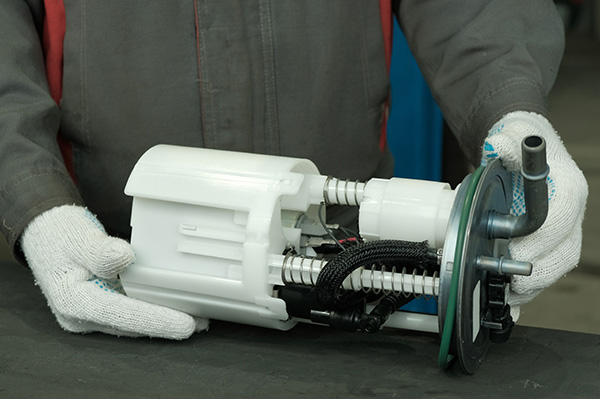
The fuel pump is an essential component in your vehicle’s engine system, responsible for delivering fuel from the gas tank to the engine. When it fails, it can cause a variety of issues. But how can you tell when your fuel pump is going bad? Recognizing the symptoms early can save you from major breakdowns and costly repairs. Let’s explore the signs of a failing fuel pump and what you should do about it. 1. Difficulty Starting the Engine One of the first signs of a bad fuel pump is trouble starting your vehicle. If your car cranks but struggles to start or takes longer than usual to turn over, the fuel pump could be to blame. This is because the fuel pump doesn’t provide the fuel pressure to the engine. When the pump starts to fail, it may not deliver the right amount of fuel, making the engine take longer to ignite or fail to start entirely. 2. Loss of Power While Driving Have you experienced sudden loss of power while driving, e ... read more
Posted on 11/14/2024
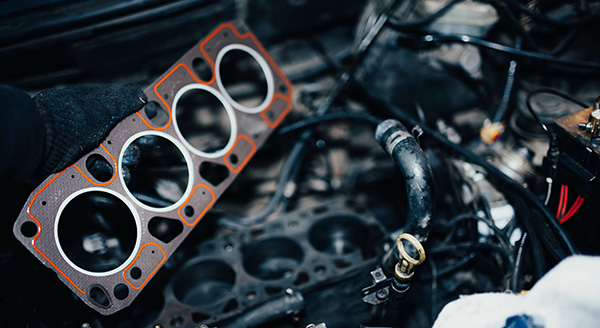
Car troubles can be stressful, especially when your engine starts overheating. One of the lesser-known yet severe causes of engine overheating is a blown head gasket. If you’ve ever faced this issue or are curious about the relationship between a blown head gasket and engine overheating, you’re in the right place. Let’s break it down and see how this critical component can cause big problems under the hood. What Is a Head Gasket and What Does It Do Before diving into the connection between a blown head gasket and engine overheating, it’s important to understand what a head gasket does. The head gasket is a crucial part of your engine that sits between the engine block and the cylinder head. Its main job? Sealing off the combustion chamber and preventing engine fluids—like oil and coolant—from mixing together. Essentially, it ensures your engine operates smoothly by maintaining compression and keeping fluids where they belong. Howe ... read more
Posted on 9/27/2024
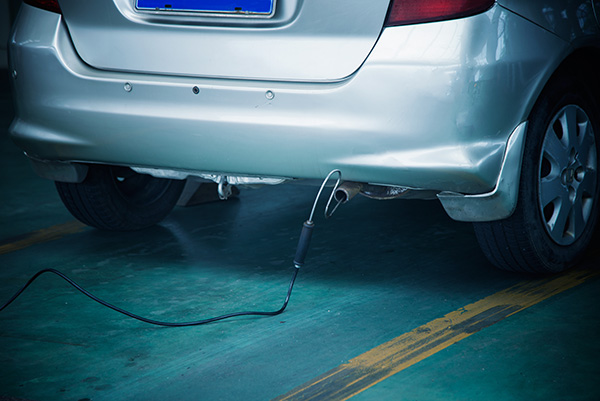
If you live in California, you’ve likely heard of the state's stringent smog check program. This program is one of the most comprehensive and toughest emissions testing requirements in the United States, aimed at reducing harmful pollutants from vehicles. But what makes California's smog check regulations so much stricter than those of other states? California's Unique Air Quality Issues One of the primary reasons California has stricter smog checks than other states is its unique air quality challenges. The state has some of the highest levels of pollution in the country, especially in dense urban areas like Los Angeles and the Central Valley. The combination of high population density, large numbers of vehicles, and specific geographic and weather conditions creates a perfect storm for air pollution. California’s mountains and valleys trap smog, making it harder for the pollutants to dissipate naturally. With such significant air quality is ... read more
Posted on 8/30/2024

Your car's timing belt is one of those crucial components that often goes unnoticed—until it fails. Responsible for synchronizing the crankshaft and camshaft rotation, the timing belt ensures your engine's valves open and close at the proper times during each cylinder's intake and exhaust strokes. A failure of this belt can lead to severe engine damage, making it vital to know when and why you should replace it. We will explain the importance of timing belt maintenance, the signs it needs replacing, and the recommended intervals for replacement. Why The Timing Belt Is So Important The timing belt plays a pivotal role in your engine's operation. It ensures that the engine's valves open and close in harmony with the pistons. If this synchronization is disrupted, the engine can misfire or even incur significant damage. Most vehicles use a rubb ... read more
Posted on 7/26/2024
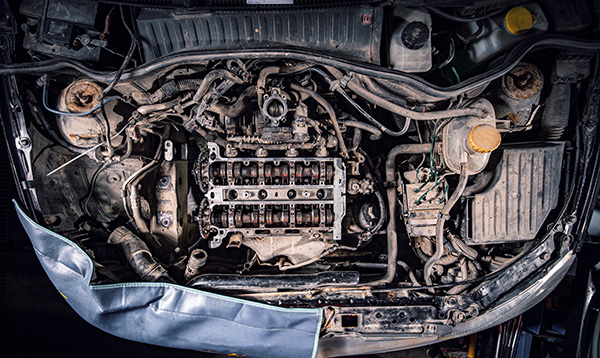
Diesel engines have long been known for their remarkable fuel efficiency, making them a preferred choice for heavy-duty vehicles and long-haul transportation. But what exactly gives diesel engines this edge over their gasoline counterparts? We'll explain the mechanics and science behind how diesel engines maximize fuel efficiency, offering both economic and environmental benefits. The Basics of the Diesel Engines At their core, diesel engines operate on the principle of compression ignition, unlike gasoline engines that rely on spark ignition. This fundamental difference is key to their fuel efficiency. Diesel engines compress air to a much higher degree than gasoline engines, resulting in significantly higher temperatures. When diesel fuel is injected into this hot, compressed air, it ignites spontaneously. This process is more efficient because it extracts more energy from the fuel. Higher Compression Ratios One of the primary reasons diesel ... read more
Posted on 6/27/2024

Congratulations, graduate! As you transition from the academic world to the professional realm, you might find yourself tackling new responsibilities, one of which is car maintenance. Whether you've just bought your first car or are driving the same vehicle you had in college, knowing how to keep it in good shape is crucial. Car maintenance might seem overwhelming at first, but with the right tips and tricks, you can become a savvy car owner. Let's look into some essential car maintenance tips every new graduate should know. Regular Oil Changes One of car maintenance's simplest yet most important aspects is regularly changing the oil. Oil is crucial for lubricating your car's engine parts and ensuring everything runs smoothly. Ignoring oil changes can lead to engine wear and even severe damage. Aim to change your oil every 5,000 to 8,000 miles, depending on your ... read more
Posted on 5/28/2024

We'll explain the inner workings of four-wheel drive (4WD) systems, shedding light on how they operate to enhance traction and control in various driving conditions. From snowy roads to off-road trails, understanding how 4WD works can help you navigate challenging terrain with confidence. Understanding Four-Wheel Drive Systems Four-wheel drive systems are designed to distribute power to all four vehicle wheels, providing enhanced traction and stability. Unlike two-wheel drive vehicles, which send power only to either the front or rear wheels, 4WD vehicles can engage all four wheels simultaneously, maximizing grip on slippery surfaces. Mechanical Components of Four-Wheel Drive A transfer case is at the heart of a four-wheel drive system, which transfers power from the transmission to both the front and rear axles. Within the transfer case, a set of gears and shafts work together to distribute torque evenly between the front and rear wheels ... read more
Posted on 4/27/2024
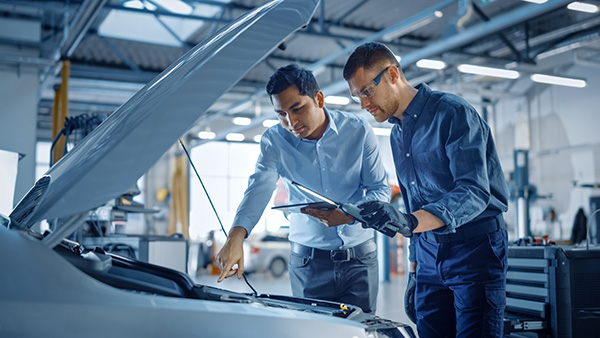
In today's fast-paced world, our vehicles are necessary for navigating our daily lives. Many car owners overlook the importance of regular maintenance to ensure their vehicles remain reliable and efficient. One crucial aspect of vehicle maintenance is the tune-up service, but what exactly does it entail, and how often does your car need it? What does a Tune-Up Service Involve? During a tune-up, trained technicians conduct a comprehensive inspection of your vehicle's key components, such as the ignition system, fuel system, engine, drivetrain, and suspension. They'll also replace worn-out parts, adjust settings, and perform any necessary repairs to keep your car running smoothly. By staying on top of these maintenance tasks, you can minimize the risk ... read more
Posted on 3/28/2024
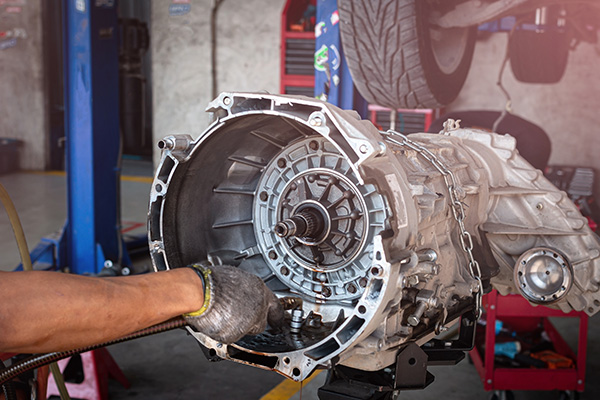
Your vehicle's transmission is a complex system, and one crucial player in its moving parts is the torque converter. What Is a Torque Converter? The torque converter is a key component in automatic transmissions. Its primary function is to transfer power from the engine to the transmission. It allows the vehicle to come to a stop without stalling the engine and provides a smooth transition between gears. Comprising an impeller, turbine, and stator, the torque converter relies on transmission fluid to facilitate its operation. Signs of a Failing Torque Converter After quite some time, drivers may find themselves with a malfunctioning transmission. If you’re unsure whether the signs are specifically pointing towards the torque ... read more